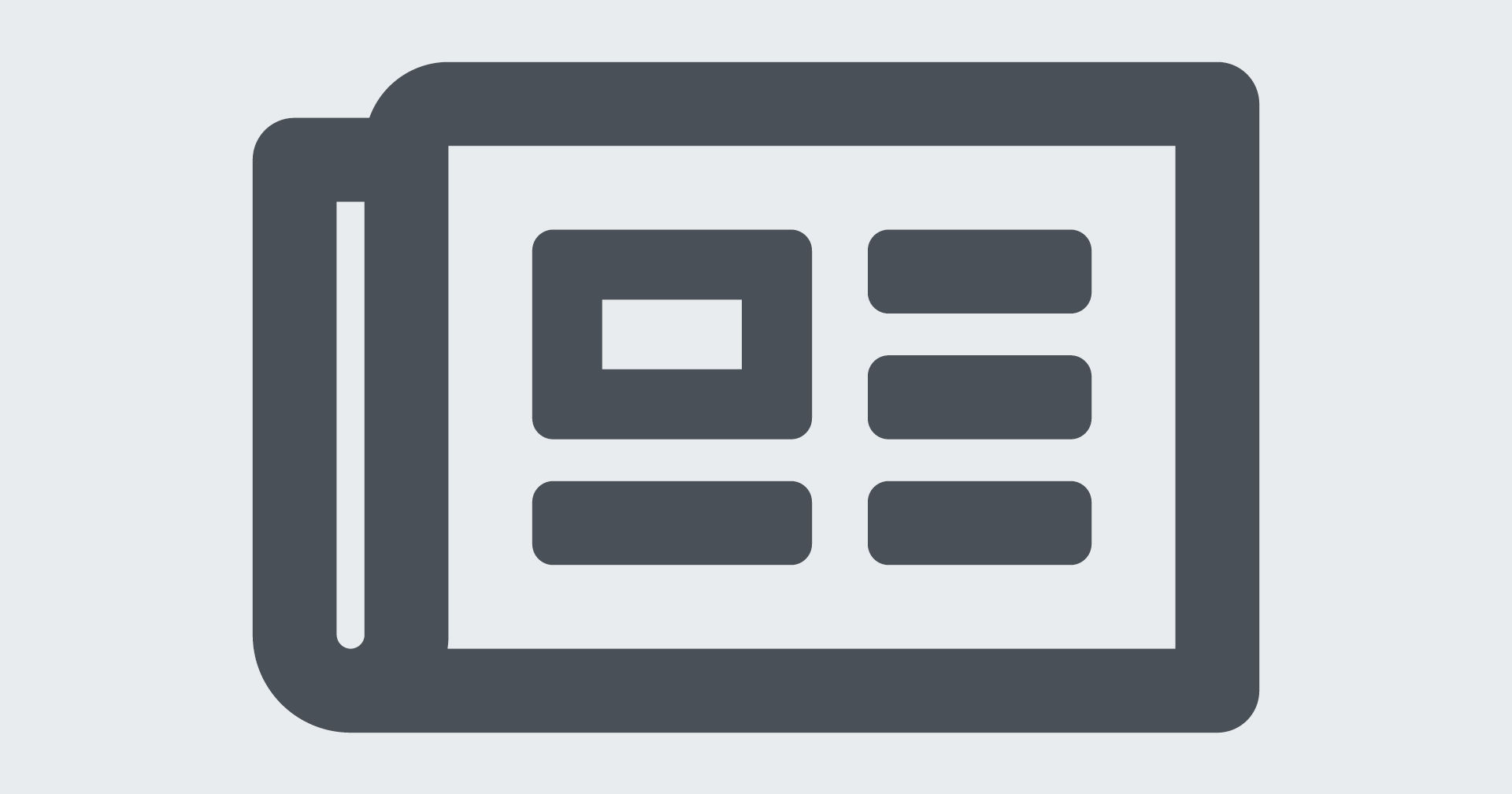Chiropractc Treatment for Tension Headache
Almost everyone has suffered from a tension headache at some point in their lives. These headaches will afflict 90% of women and 70% of men during their lifetime.
Symptoms of a Tension Headache
There are several types of headaches; Tension, Migraines and Cluster headaches which have different causes and treatments. However, the tension headache is the most common. Symptoms are:
• Feeling of pressure on the head, face, and neck, and tenderness on the scalp
• Dull pain
• Possible sensitivity to light and sound
• Pain in neck or shoulders
• Fatigue
• Trouble sleeping
• Irritability and difficulty concentrating
Symptoms may vary with different individuals.
There are three types of tension headaches based on frequency:
• Infrequent episodic – one or less per month
• Frequent episodic – two to 15 days a month, over three months
• Chronic – headaches more than 15 days a month over three months. Not only are these more frequent, but more painful, with pain constantly on both sides of the head and a tender scalp.
Causes
The causes of tension headaches are not completely known. Some can be set off by emotional distress, overexertion, missed meals, poor posture, fatigue, or musculoskeletal problems in the jaw or neck.
The most common theory on the underlying cause is that the victim has heightened sensitivities to stress as well as pain. This increases muscle tenderness.
Chiropractic Treatment Can Help
Chiropractic treatment is often used to treat tension headache sufferers. A thorough physical examination will point to the underlying neuromusculoskeletal trigger for the pain. Your doctor will ask for a health history, including the specifics of the pain. He will check the mobility of your shoulders, neck and other relevant parts, examine posture, test muscle strength and sensitivity, and use manual therapy to test the neck muscles and joints for function.
The doctor will work out a care plan with the patient and try to help with pain and lifestyle changes. The patient should be encouraged to pinpoint any emotional issues with a counselor if necessary.
The doctor will help the patient:
• With manual therapy to stretch muscles on the back of the neck, increasing movement and relieving pain.
• Build strength in the neck by showing exercises that will help build muscles in the upper back and neck, improve posture, and increase endurance for standing and sitting in comfort.
• Make changes in the patient’s work area. For example, adjusting the computer’s height, using a headset, finding a different chair, or using a headset instead of the phone.
Chiropractic treatment can work quickly and efficiently with tension headaches. Some chronic, long-term headaches may not be alleviated without chiropractic treatment.


Dr. Tran